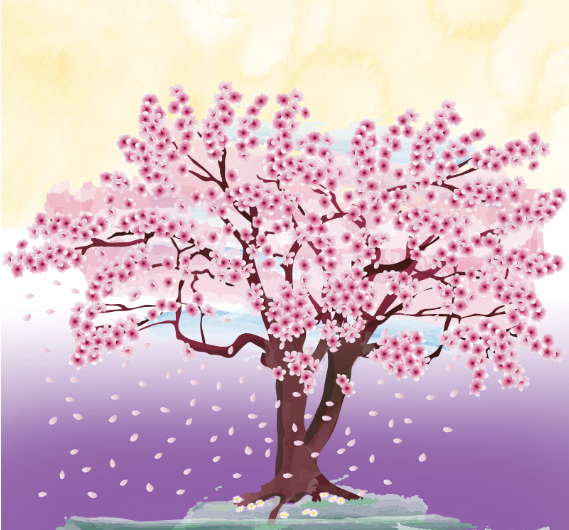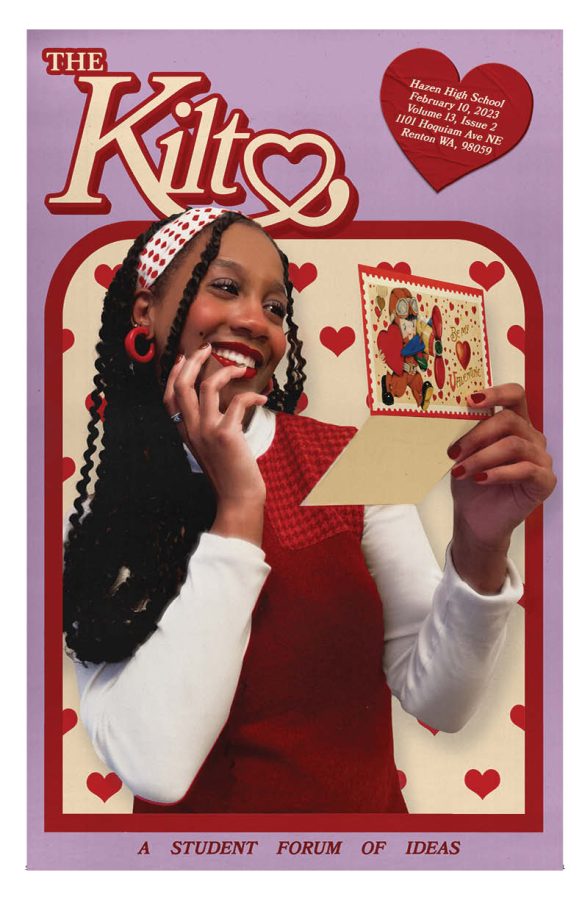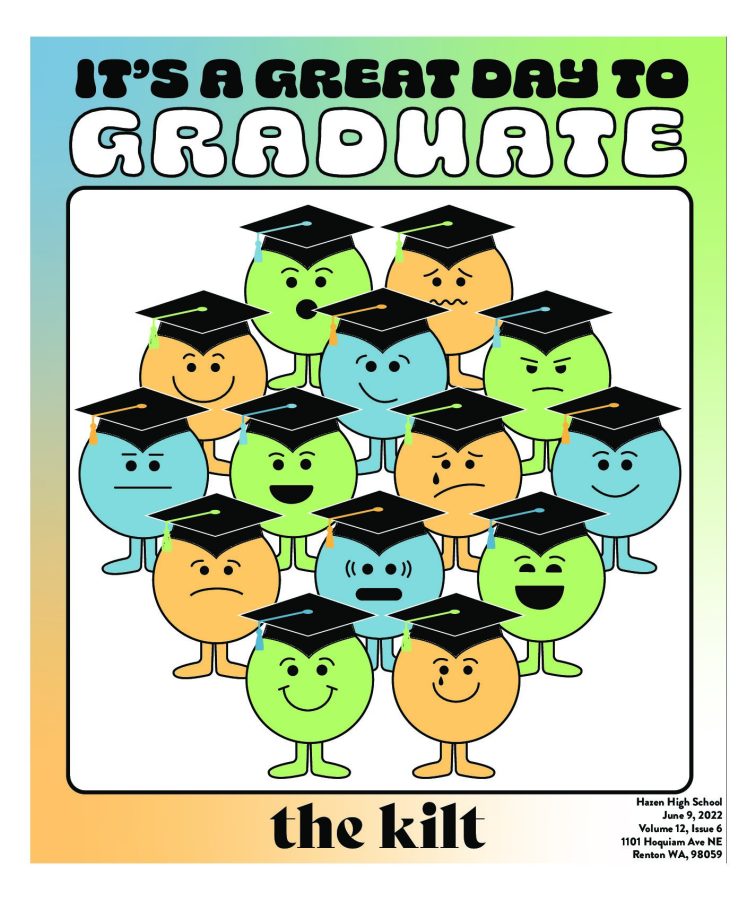Each year, it’s almost as if we continuously fall back into the toxicity of the Grammys cycle that we understand will upset us as it usually does. Even though the same outcome occurs each time and our disappointment hits just as it previously did, we still allow ourselves to give attention to this award show, and it’s for good reason. The feeling of seeing your favorite artists receive the recognition you know they deserve is a wonderful feeling on the rare occurrence that it happens. It can feel that the world is finally seeing the greatness that you’ve been appreciating this whole time. Understanding the work and effort these artists put into their craft makes their victory feel all the more special to you, especially if the music they’ve created resonates on a deeper level.
These moments of brilliance are why I and so many others continue watching this ceremony annually even with the knowledge of the heavy baggage it carries. That doesn’t change the frustrations of many with the lack of improvement the Academy seems willing to put forth to make these fleeting moments the norm. For every small step taken towards change, there is a chasm of issues yet to be acknowledged that linger over what could be a truly great award show.
To begin, the continuous disrespect that hip-hop receives on the whole simply shows the lack of appreciation for what the genre has done for the industry both artistically and commercially. From a financial perspective, the genre boasts slightly more than a quarter percentage of audio and video streaming within the market shares for music according to LinkedIn, an impressive feat emblematic of the sheer popularity the genre has developed with time. According to Spotify themselves, the genre is responsible for nearly a quarter of all streams across the platform in its entirety. There’s no denying the financial juggernaut that this genre has been for some time now, which makes it all the more baffling as to why the Grammys chose to release the winners in this category before the show even went live. It may not seem significant at first, but with most of the major awards being won by white artists, it becomes a question of why these awards couldn’t be properly televised when they feature POC receiving their flowers. Was it to make room for unnecessary celebrity skits that don’t elevate the show? Was it to put more emphasis on the categories the Grammys themselves seemingly value more than hip-hop? These questions arise when one of the largest genres in music is decidedly not important enough to be screened by the Academy, an unfortunate predicament given this past year was the 50th anniversary of the genre.
Beyond the disrespect to rap’s cultural impact, there’s also the matter of defining exactly by what metric the Grammy’s chooses to recognize music. Often people like to argue that the ceremony is purely a popularity contest bent on highlighting the biggest faces of the industry, but that’s not entirely true. While there’s a tendency to give awards to recognizable names over more underground artists, there are still many examples of lesser-known figures taking home awards. The best example from this year’s ceremony comes from the rap categories, where Killer Mike walked home with 3 total wins as one of the biggest winners of the night. While Killer Mike is a highly respected rapper with great projects as part of the rap group Run The Jewels, he is far from the most commercial pick of the nominees.
Many fans not aware of his contributions to rap culture were quick to critique the win, but understanding the role Killer Mike has had in the rap game for decades makes the choice an appropriate win that differs from the status quo, which ultimately is what many are desiring from the Grammys. Instead of leaning on safe commercial artists who are always expected to win, recognizing the lesser popular acts shows greater appreciation for music as a collective, not just for the widely marketable names. Often the most daring and innovative music is found by not just looking at the top of the charts but by diving further into the not-so-widespread works that are worthy of attention beyond what they’re dealt.
Perhaps at the center of Grammy discourse as of late comes from the controversial speech made by JAY-Z as he accepted the Dr. Dre Global Impact award. As one of the most decorated rappers in the award show’s history it was surprising to witness the framing behind his speech, how he turned this great achievement of his into a moment of reflection on the Academy, and the improvements needed to better represent musical culture. His speech served as a direct critique of the ceremony, acknowledging his appreciation for the Academy while still expressing his concerns, “We love y’all. We want y’all to get it right… I don’t want to embarrass this young lady, but she has more Grammys than anyone and never won Album of the Year. So even by your metrics, that doesn’t work.” (USA Today, 2024) Within this speech, JAY-Z is making reference to Beyonce who is the most awarded artist in Grammy history, yet still has never walked home with an Album of the Year award.
Ultimately, not winning that specific award doesn’t diminish the impact and cultural significance she has had for well over 25 years, however, the issue JAY-Z is acknowledging is how other figures in the industry have won on more than one occasion in contrast to Beyonce. For years she has been an icon for Black empowerment and has consistently championed female strength and unity while simultaneously topping the charts, she’s frankly done everything that her peers have done and then some. The fact that she, or any black woman since Lauryn Hill for that matter, has never managed to win AOTY is a shocking demonstration of the Academy’s flawed system. Recognizing black artists mainly in the Rap & R&B categories isn’t the respect they deserve, their efforts mean more to the culture than just that. They are more than deserving of recognition in the major categories as well, which is at the core of JAY-Z’s speech even if he uses his wife as the crux of his argument.
In totality, the Grammy’s haven’t changed all that much in recent years. While more women have been able to take home major awards, the lacking presence of women of color still hangs in the air, especially when it’s the same women winning each award show. The handling of the hip-hop categories also illustrates the underlying negligence of the genre’s significance to the music industry. Hopefully, with influential artists like JAY-Z beginning to openly platform these issues substantial change can begin happening which will likely help regain the respect the Academy lost from the general public years ago.





































